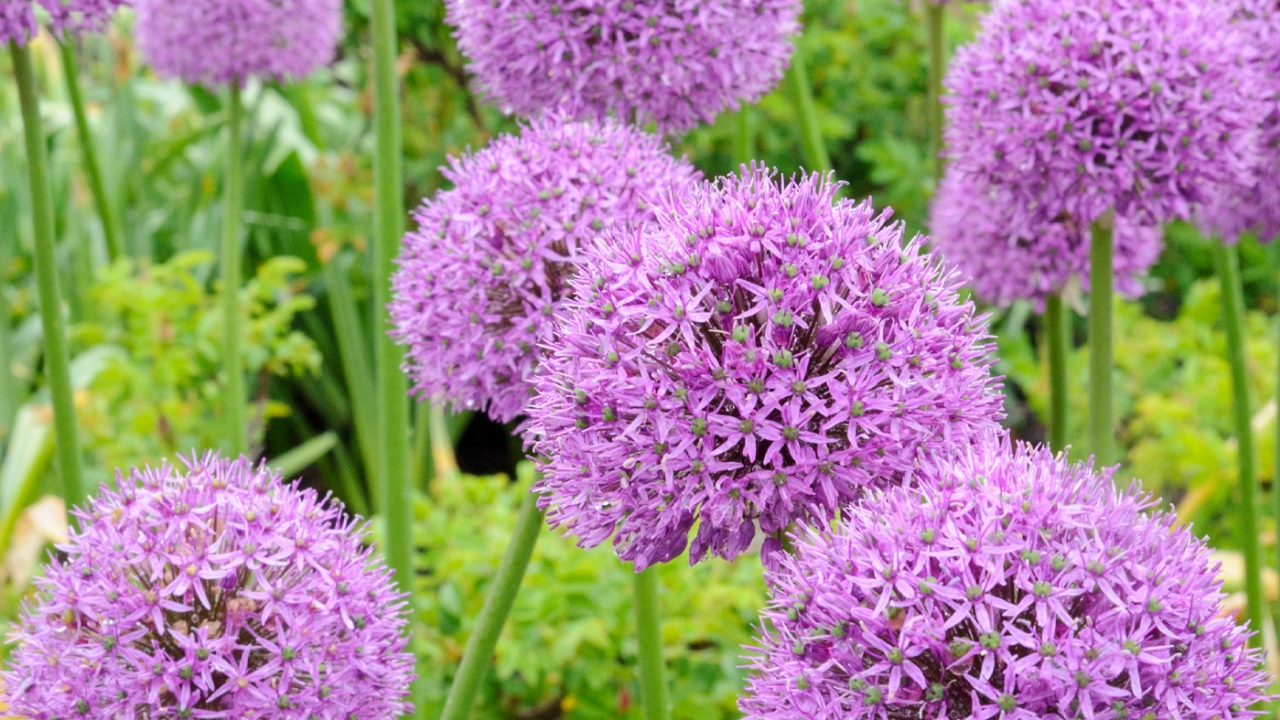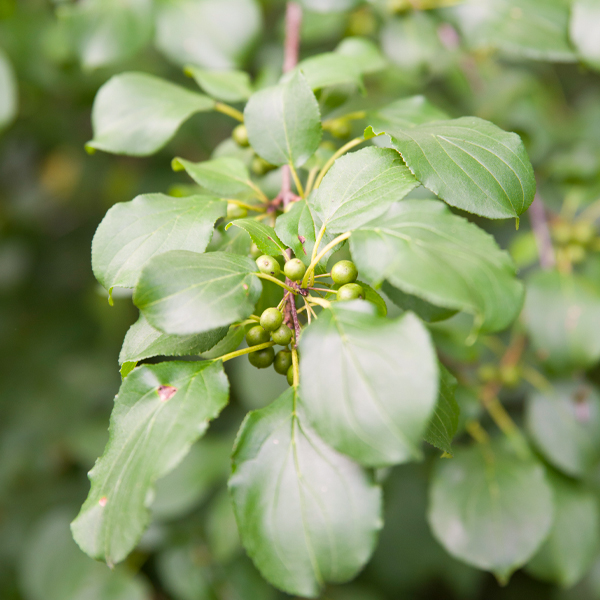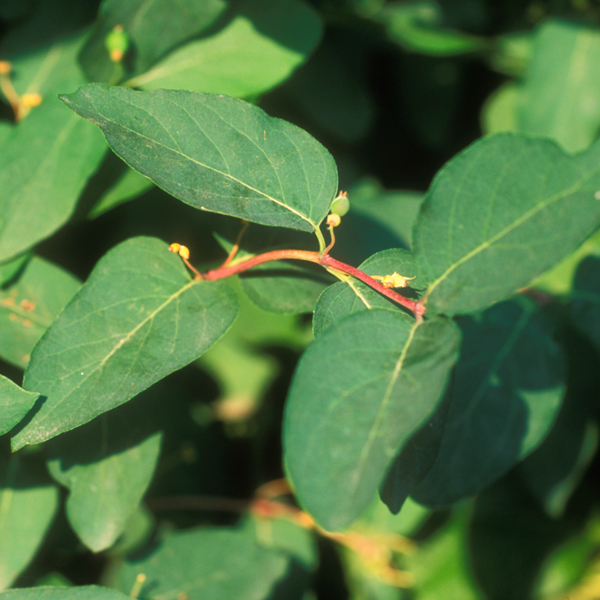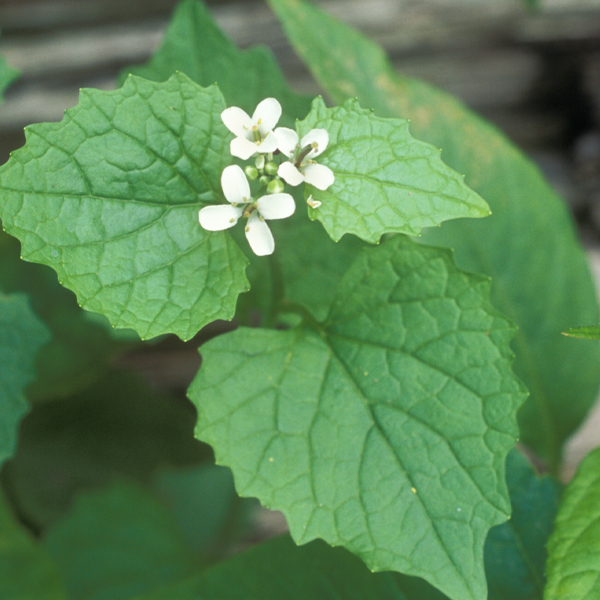

Invasive Plants, Common
Would you be surprised to learn that ornamental plants in your yard may be causing natural areas to suffer? Some of the more aggressive plants common to backyard gardens are escaping to natural areas, where they choke out other plants and begin to take over. Even if they are pruned and kept in check, their seeds are dispersed by birds, animals, and the wind.
Invasive plants and animals threaten the nation’s environment and economy. In fact, the threat they pose to native plants, animals, and ecosystems is second only to habitat destruction. Nearly half the threatened or endangered species are at risk due to competition with invasive species, and combatting invasive species is costing the United States nearly $125 billion each year.
In natural areas of the Chicago region, invasive plants are choking out other plants and destroying habitats. Some of the worst invasives in Illinois are purple loosestrife, Japanese and bush honeysuckles, garlic mustard, and buckthorns. "Serious invaders of natural areas are compromising the ability to preserve biodiversity," says the Garden’s director of plant science and conservation, Dr. Kayri Havens.
The Garden has recently developed an invasive plant policy that recognizes this problem on its grounds and encourages home gardeners to do the same. Three-quarters of all invasive plant species, defined as plants that can actively naturalize and cause native plant communities to decline, are garden plants. In Illinois, the biggest offenders include buckthorn, bush honeysuckle, and garlic mustard. Other widely planted invasives include Oriental bittersweet, burning bush, and autumn olive.
Ways to control invasives and preserve biodiversity
• Learn about invasive plants.
• Phase out the invasive plants on your property.
• Plant only noninvasive species.
• Attend Garden classes and symposia about invasive plants and biodiversity.
• Volunteer to monitor threatened plants of the region.
• Volunteer for stewardship activities at the Garden and other natural areas.
FIND OUT MORE:




